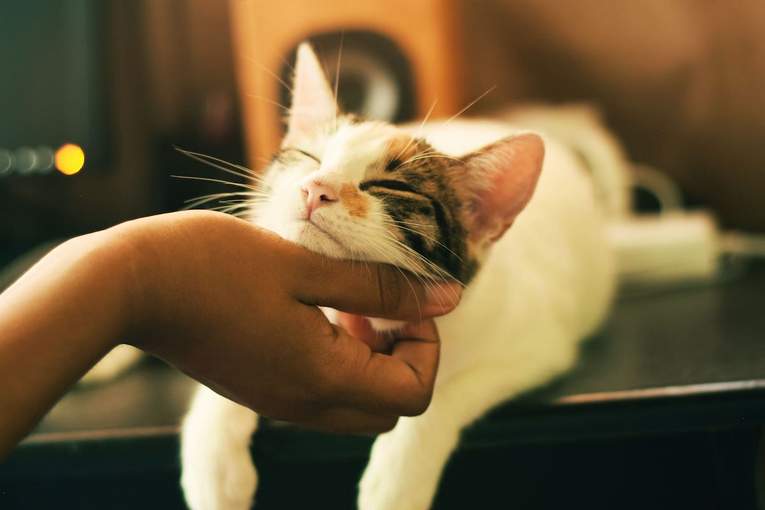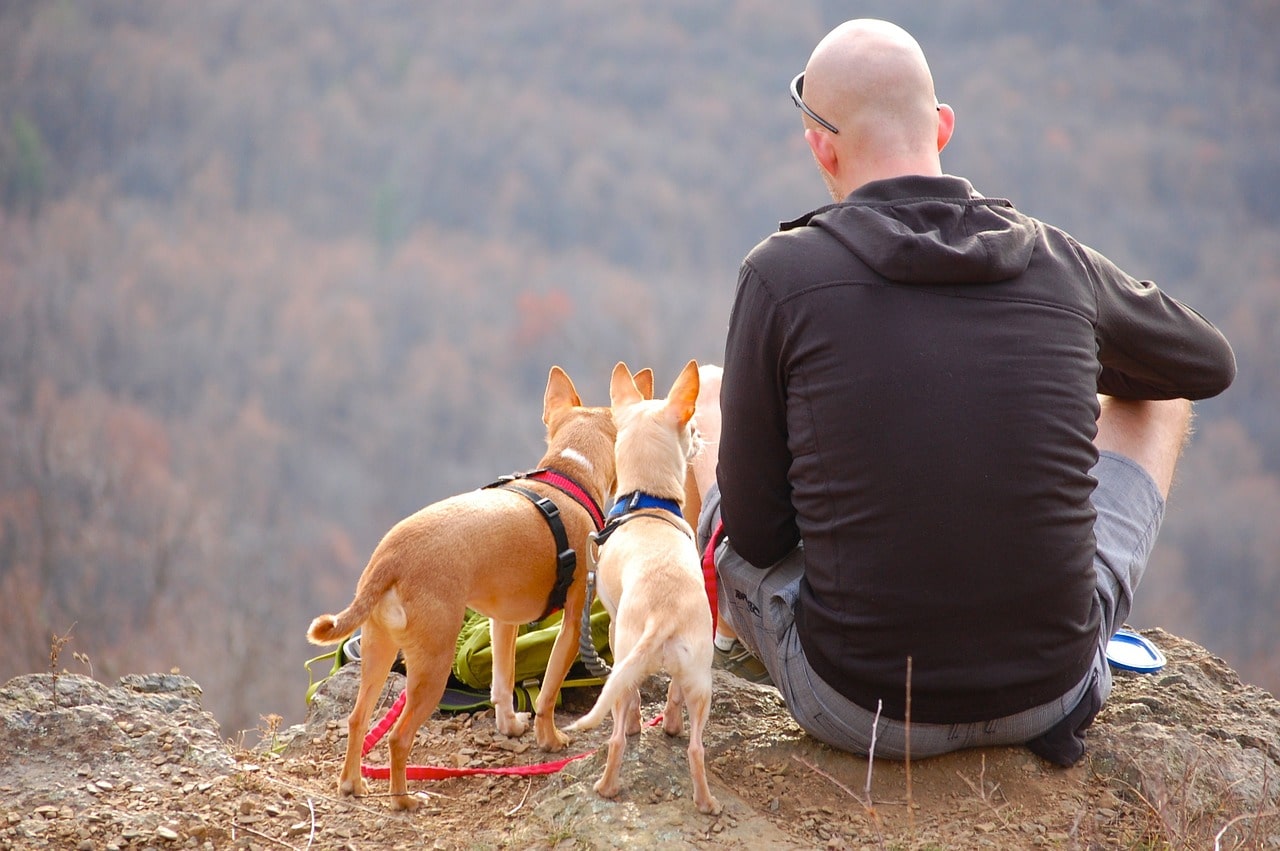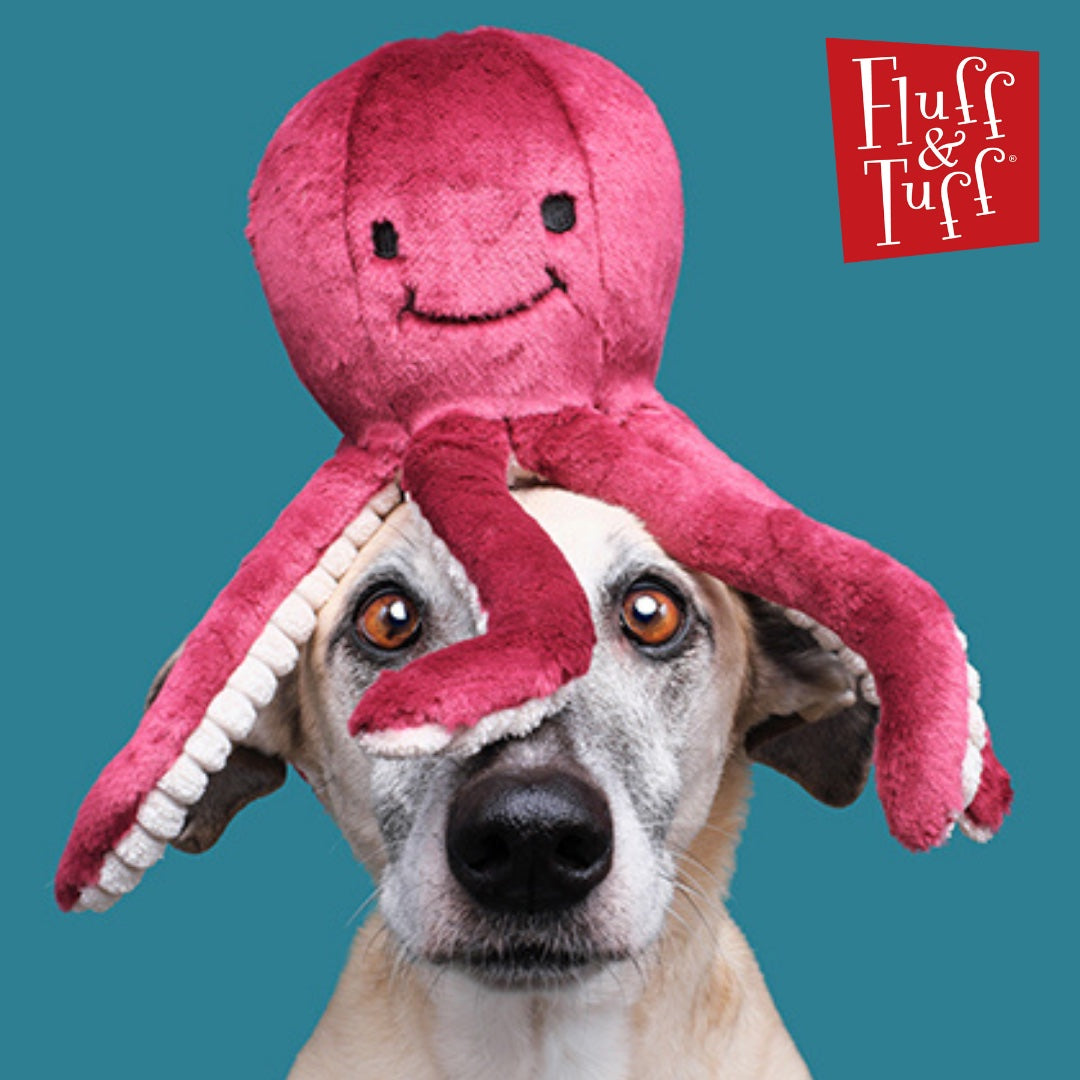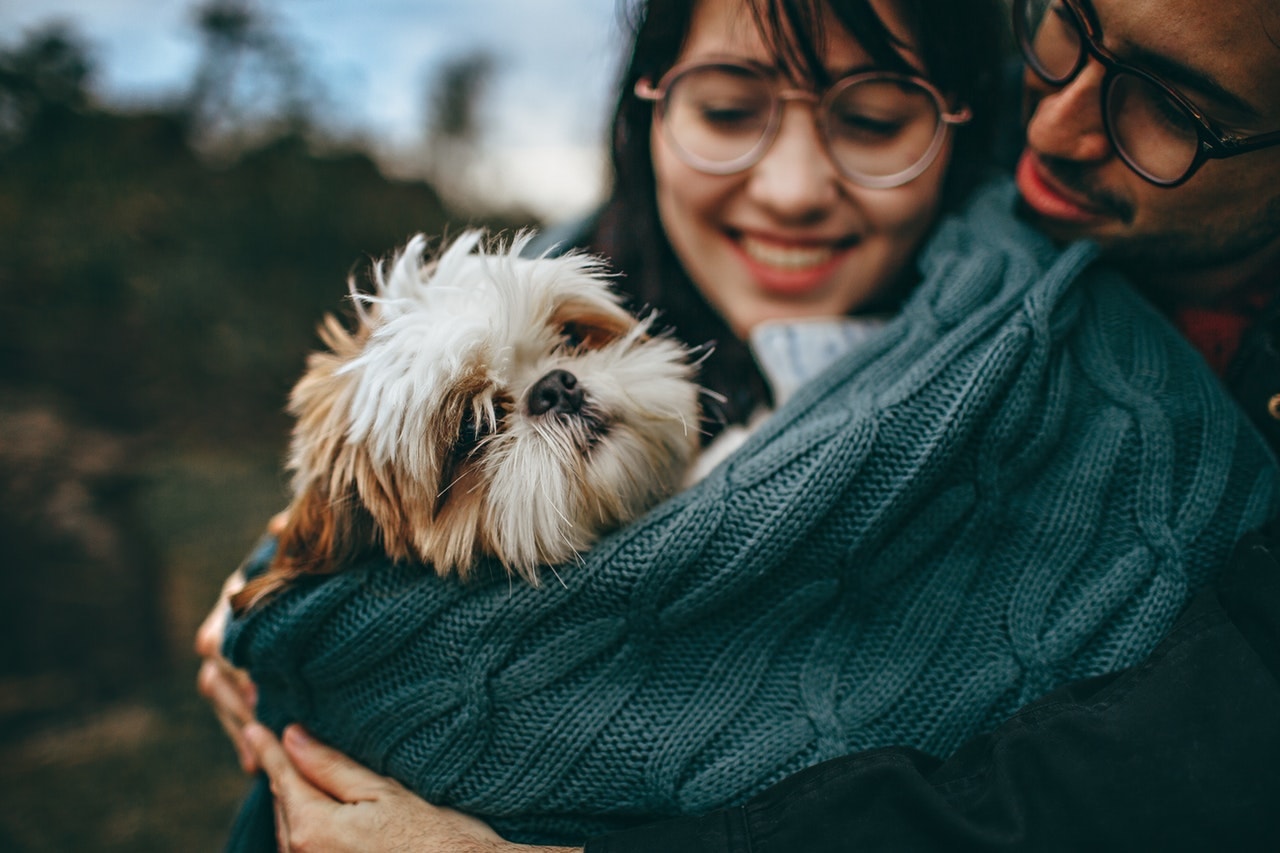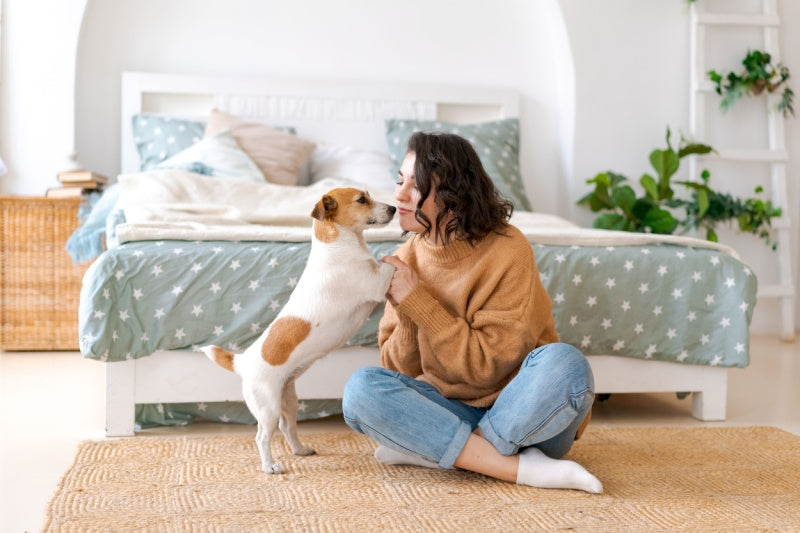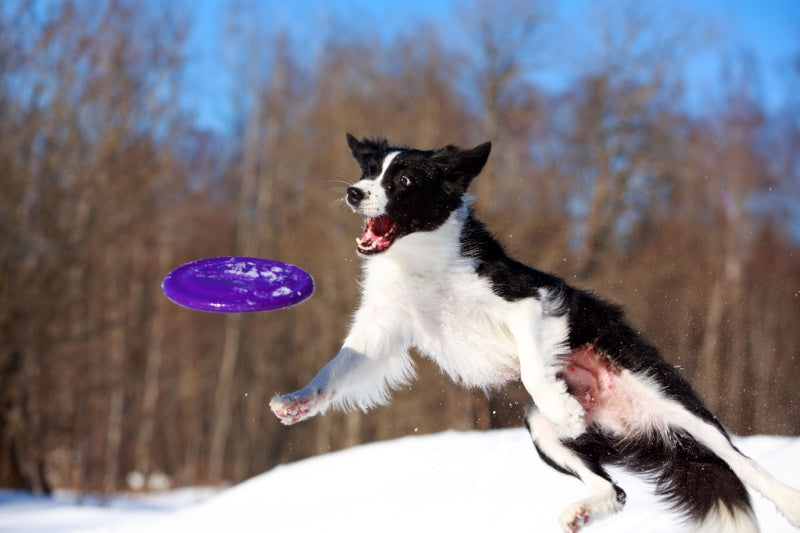and it still didn’t fit, I inadvertently threw away the tag and now I’m being charged to 50% restocking fee for an item I can’t and didn’t use due to choking my boy
Portland Pet Food - Grain & Gluten-Free Pumpkin Biscuit
We're on the East Coast, a continent away from King Duke's. Yet, somehow, the Hilton property where we stayed in Alexandria, VA, gave out Chriba treats when we checked in with our kitty. He went wild for them, and we had to search far and wide for a source before finding King Duke's. We already need to order more, both the chicken and the fish flavors.




